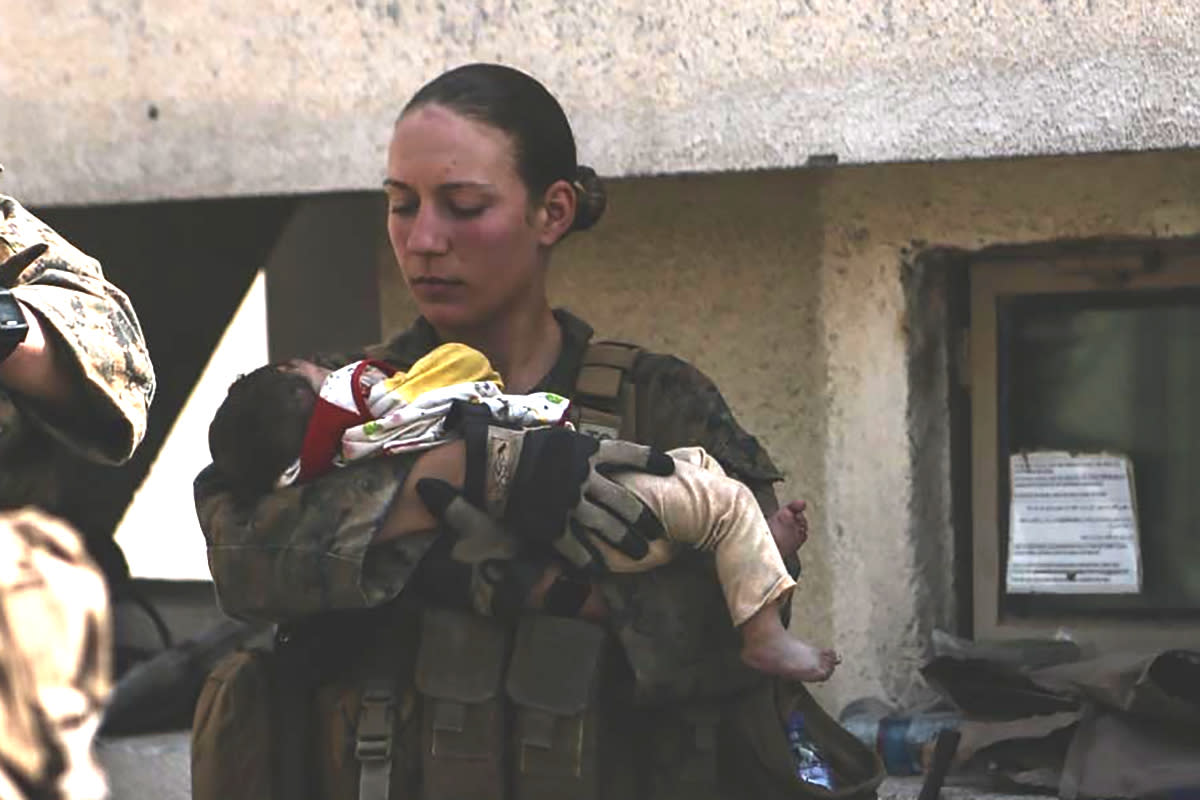A trauma response is the reflexive use of over-adaptive coping mechanisms in the real or perceived presence of a trauma event, according to trauma therapist Cynthia M.A. Siadat, LCSW. The four trauma responses most commonly recognized are fight, flight, freeze, fawn, sometimes called the 4 Fs of trauma.
“When we experience something traumatic or have been exposed to prolonged stress, it causes part of our brain, the amygdala, to go into hyperdrive where we see and feel threats in nonthreatening situations,” licensed therapist Chioma Moronu, LCSW, tells mbg. “This causes us to act in ways that we don’t understand and can leave us feeling like we no longer have control over ourselves. The [trauma] response is often based on what your brain thinks will help you survive the current situation.”
In a study about the neurobiological effects of psychological trauma, researchers note our bodies are designed to respond to perceived threats through a constellation of near-instantaneous, reflexive survival behaviors. Via a short-term strategy, chemicals are sent into our bloodstream to activate the sympathetic nervous system’s defenses. But when stress responses are constantly triggered, there’s not enough time to metabolize the chemicals, and our nervous system overloads and dysregulates—putting us squarely in the survival zone. The temporary defenses become sustained as our body shifts into a state of sympathetic nervous system dominance.
Notably, these trauma responses aren’t exclusive to people who’ve experienced those big “T” events (such as war, death, or disaster) commonly linked to meaningful trauma. The reality is that trauma exists across a continuum of stress. Little “T” events, sometimes called micro-traumas, can also be profoundly affecting since trauma is a subjective and individualized experience. For example, some traumatic stressors can include events such as a bad breakup, a betrayal of trust, a chronically abusive workplace, or undergoing something subtly frightening over a period of time. They may not feel particularly injurious, but the complex effects of trauma can still affect you significantly when it’s not emotionally processed and integrated—somatically, spiritually, and mentally. If it’s not resolved, trauma can essentially convert into stuck, frozen energy that your body will uniquely respond to physiologically in the form of a trauma response.
Source link
































